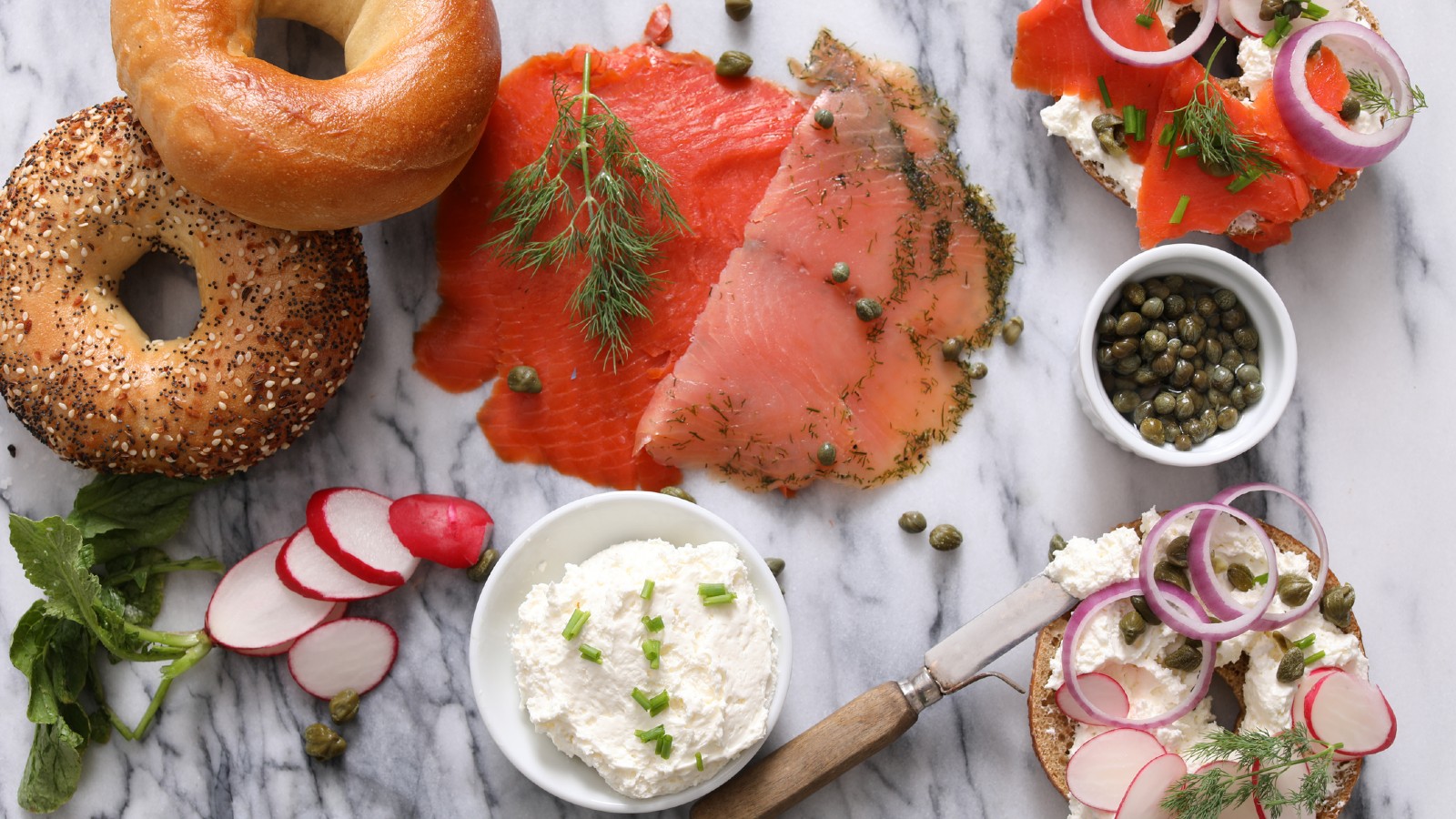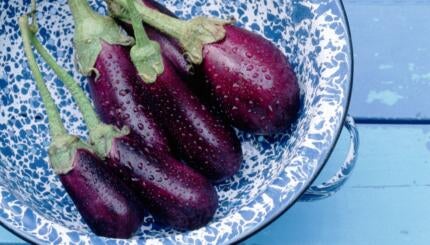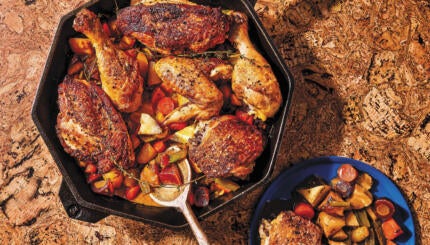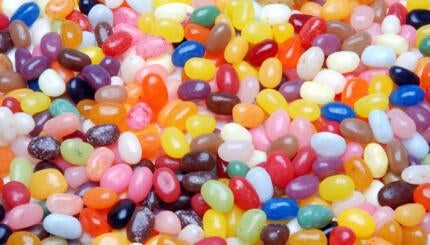Hi, everyone. I’m so sorry we have to meet like this. Apparently, in a past life, you didn’t solve a riddle at a troll bridge and were thus hexed to suffer from irritable bowel syndrome (IBS) for the rest of your days.
That, or you’re an Ashkenazi Jew. I see no other option.
Regardless of the how, mazels on being part of a very exclusive club of people who live their lives in a constant state of bloating, cramps, nausea, and my favorite: instant and/or unexpected diarrhea.
Let me introduce myself. My name is Rachel, and I’ve been a proud member of the IBS club for as long as I can remember. So proud, that I have committed to making IBS 90% of my personality; I never, ever shy away from a conversation about bowel habits.
I’m no GI doctor and I’m not a nutritionist (so don’t yell at me, I’m fragile). However, I’ve seen my fair share of both, done enough research to write a thesis, and most importantly, have probably experienced… all of the symptoms.
I also love to eat. A lot. And have a love for classic Jewish eats. The only problem is many Jewish foods are atomic bombs for the digestive system. Luckily, I’ve done the research, and present to you the ultimate guide to Jewish food when your gut has damned you to a life of misery.
In order to explain why the following recipes are gut-approved, we need to understand FODMAPs. So gather ’round, my sweet, gassy children for a very brief breakdown.
What are FODMAPs?
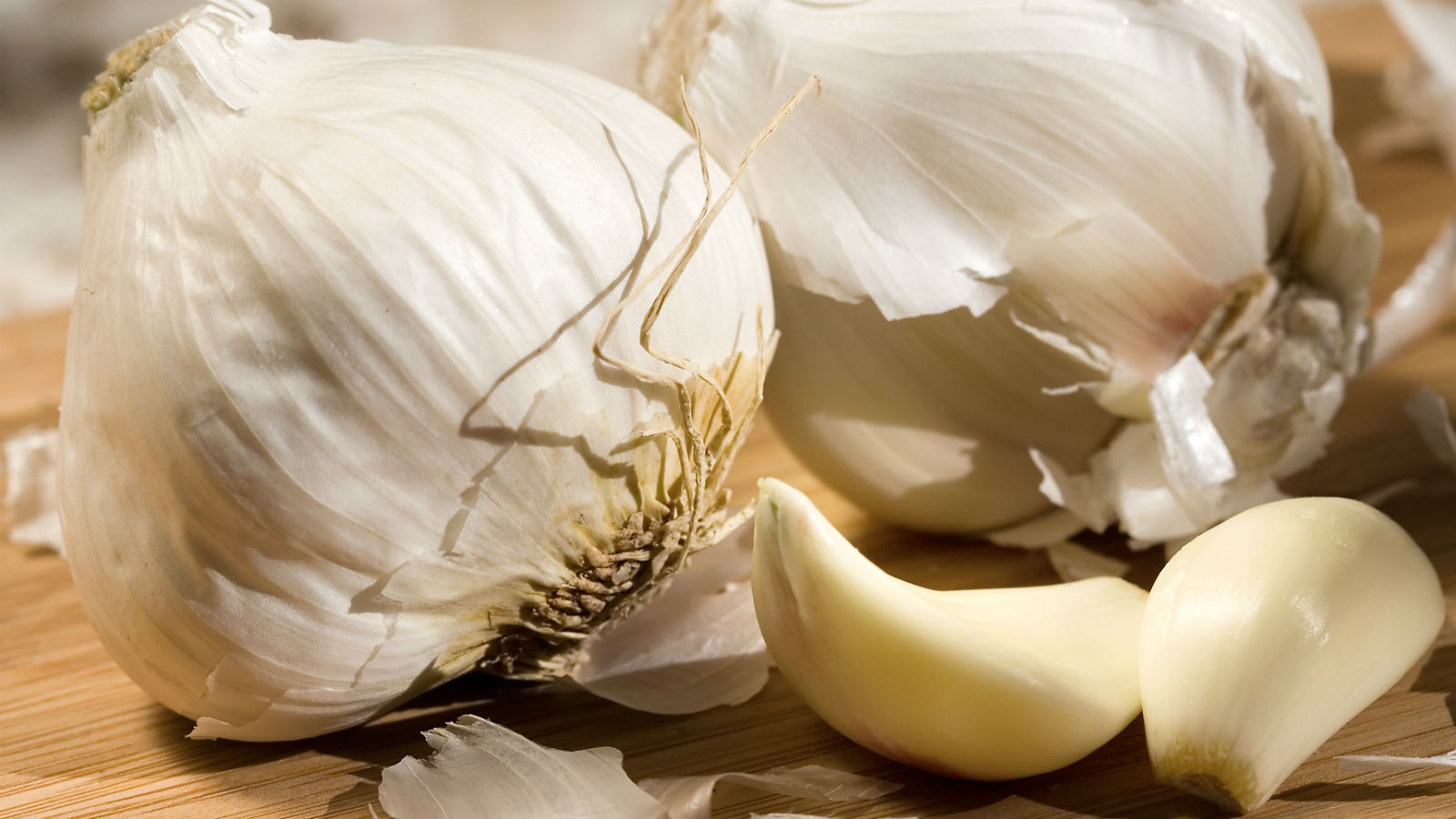
For us IBS veterans *hair flip,* you might be familiar with the term “FODMAP.”
FODMAP is an acronym that stands for — get ready, long words ahead — fermentable oligosaccharides, disaccharides (lactose), monosaccharides (fructose), and polyols.
Basically, it’s a group of naturally occurring (but indigestible) sugars or carbohydrates that aren’t absorbed properly in the gut, which can trigger symptoms in people with IBS. For those with gut problems, eating certain high FODMAP foods can sometimes make your life with IBS harder.
Some of the most common high-FODMAP foods include: onion, garlic, apples, mushrooms, wheat, avocados, beans, and more. Like, so many more. Not to mention dairy. You can find a full list here.
The low-FODMAP diet isn’t meant to be followed long-term (because you might actually develop an intolerance to a food you can easily digest), but it’s what I’ll be basing this guide on because, hi! I’m just a human, and I have no way of knowing which foods upset your stomach.
If you’re blessed enough where onions and garlic don’t give you “take-all-my-clothes-off-and-sit-on-the-toilet-for-45-minutes” effects, I envy you. It also means you can leave those ingredients in some of these recipes if you wish.
Five FODMAP Tips to Treasure
- Be careful of quantities. Some people can tolerate certain foods in higher quantities, while others cannot. For example, sweet potato and chickpeas can be harmless for many people with IBS (and even good for healthy gut bacteria!), but hell on earth for others when they surpass the recommended amount.
- Don’t combine cooked and uncooked vegetables. The FODMAP levels in veggies change when cooked or raw, and this inconsistency can upset the tum tum.
- Learn to love alternatives and low-FODMAP swaps.
- Get comfortable making your own staples. Many brands and items contain FODMAPs like garlic powder — even other spices (I’m looking at you, Trader Joe’s chili powder).
- Infused olive oil is about to be your BFF. While garlic powder might not be FODMAP friendly, infused oils usually are. This is a great way to get garlic and onion flavors in your meals without the real thing if those are your achilles’ heels.
So, onto the recipes.
Baba Ganoush
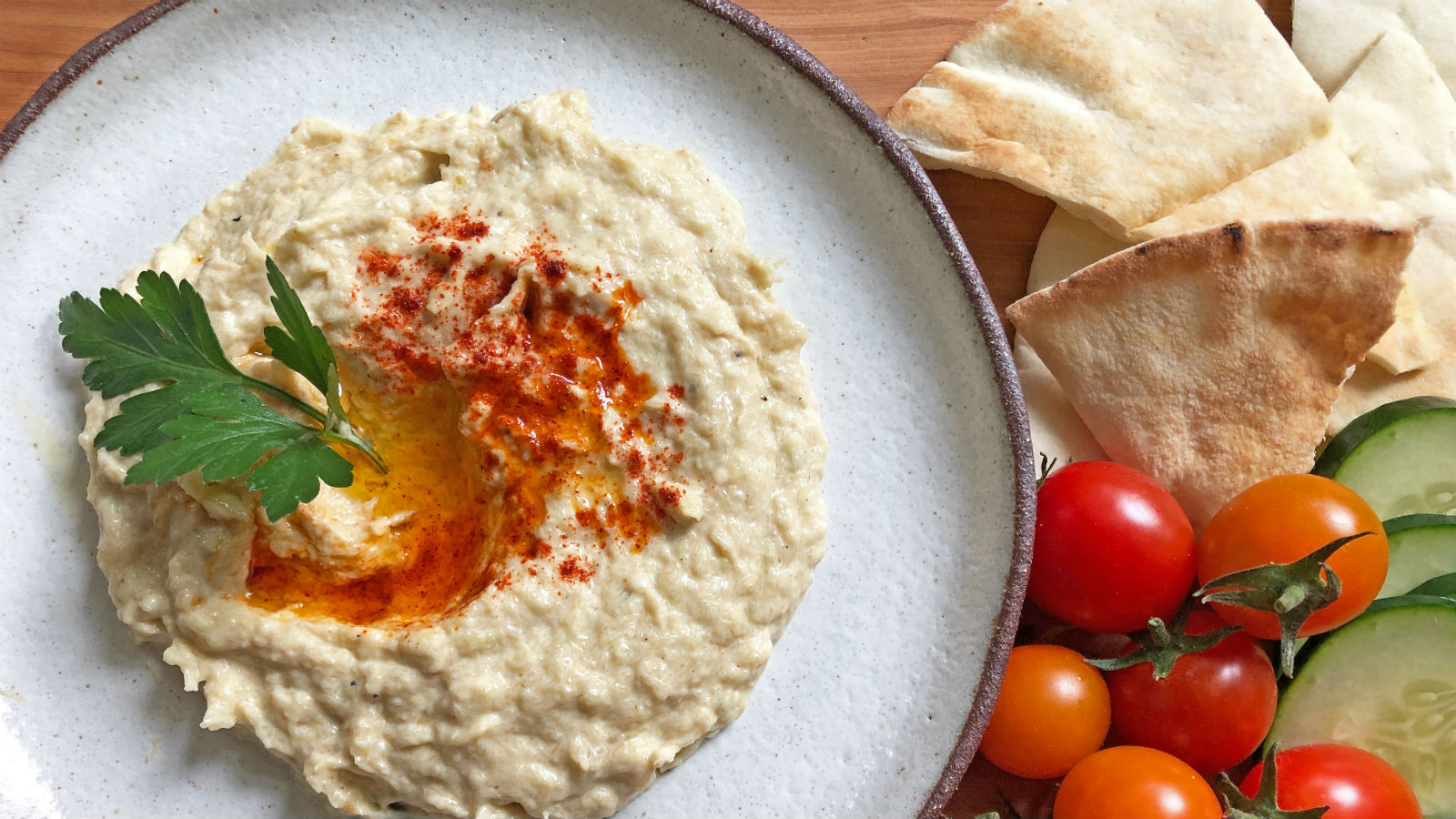
Tahini is OK for the gut in small quantities. Just be careful if you’re sensitive!
Zucchini Baba Ganoush from The Nosher
Traditional Baba Ganoush from My Jewish Learning
Babka
Best Ever Chocolate Babka (vegan, GF) from The Big Man’s World
Vegan Gluten-Free Chocolate Babka from One Green Planet
Bagels
Low FODMAP Gluten-Free Bagels (with vegan options) from Gluten-Free Stories
Two Ingredient Bagels from Skinny Taste — you can easily make some gluten-free or vegan substitutions, which are outlined in the recipe.
Black and White Cookies
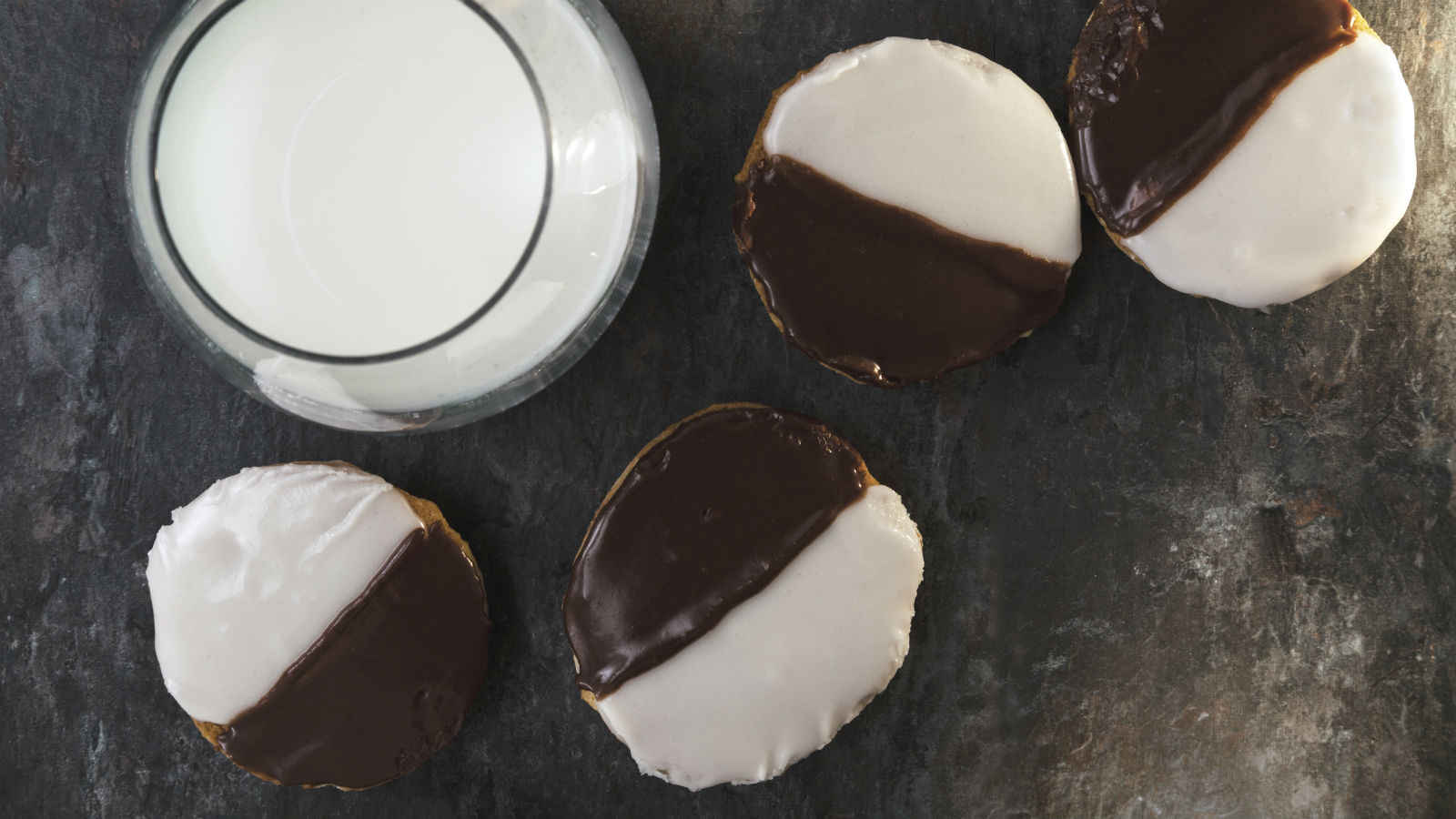
Gluten– and Dairy-Free Black and White Cookies from Allergy Awesomeness
Low-FODMAP Black and White Cookie Recipe from Rachel Paul’s Food
Blintzes
Vegan & Gluten–Free Cheese Blintzes from Plantifully Based
Vegan Cream Cheese Blintzes with Blueberry Drizzle from One Green Planet — replace the all-purpose flour with your favorite gluten-free alternative.
Bourekas
Seeing as almost all bourekas are filled with cheese of some sort, I recommend substituting the cheeses for dairy-free versions. This recipe for gluten-free puff pastry is essential.
Rice Paper Bourekas (Gluten-Free) from The Israel Bites
Brisket
While these recipes are easier on the gut, many people naturally have a hard time digesting red meat. If that’s you, maybe stay away from this one and move on to chicken. We’ll miss you.
Sweet & Sour Brisket with Red Wine, Grapes and Sweet Potatoes from FODMAP Everyday
Slow Cooker Brisket with Balsamic–Onion Gravy from Every Last Bite — ideal if onions and garlic don’t bother you, but gluten and dairy do.
Challah
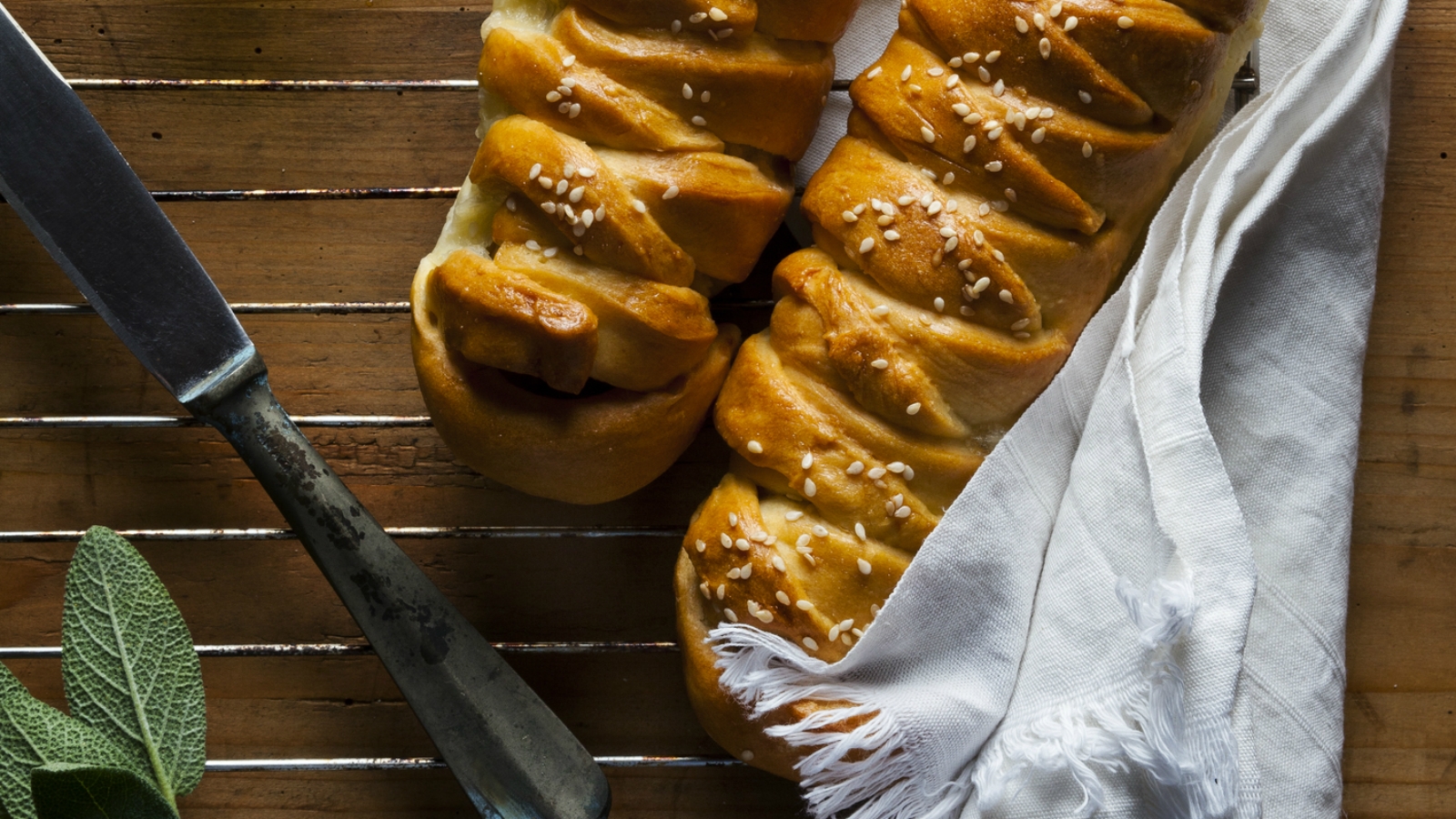
For these recipes, just replace honey with maple syrup if honey gives you a hard time.
Gluten-Free Quick Challah from Jamie Geller
Paleo Challah from Create Delicious
Falafel
Chickpeas can be a tricky food for those with IBS. They aren’t exactly high in FODMAPs, but they aren’t free of them either. If you know they’re inflammatory, I would recommend eating them in small quantities, and make sure they’re canned and washed well. If you know chickpeas aggravate your gut, eat the falafel in small quantities.
Low FODMAP Falafel from Gluten–Free Stories
Vegan Falafel from Minimalist Baker — ideal if onions and garlic don’t bother you, but gluten and dairy do.
Hummus
Ah, chickpeas, we meet again. Same rules apply. If you’re using a recipe with chickpeas, low quantities, people!
Low FODMAP Hummus from FODMAP Everyday
Roasted Red Pepper & Pumpkin Hummus from Monash University
Israeli Salad
Kugel
Replace matzah meal and noodles with GF versions if you’re gluten intolerant, or opt for classic potato kugel — replace the olive oil with an infused oil to get some extra flavor in there.
Low FODMAP Sweet Potato Kugel from Casa de Santé
Matzah Ball Soup
Be sure to buy chicken broths that are low in FODMAPs (AKA garlic and onion, those sneaky bastards). My favorite brands are Whole Foods, Fody Foods chicken soup base, and Kettle and Fire bone broth (just be sure to double-check the ingredients). Alternatively, make your own broth, if you have the time and energy (I do not). And remember: gluten-free matzah ball mix is your BFF.
Low–FODMAP Chicken Noodle Soup from Fun Without Fodmaps
Low–FODMAP chicken soup with matzah balls from Rachel Paul’s Food
Roast Chicken

Orange Rosemary Roast Chicken from Fodmap Everyday
Low-FODMAP Roasted Chicken with Maple and Rosemary from Rachel Paul’s Food
Rugelach
Be sure to look at the ingredients lists for store-bought jams, as many contain high fructose corn syrup. I would recommend making your own if you have time, but there are definitely FODMAP-friendly brands found in stores.
Low-FODMAP, Gluten-Free Rugelach from FODMAP Everyday
Gluten-Free Vegan Rugelach from Mostly Foodstuffs
Schnitzel
Gluten-Free Chicken Schnitzel from Tori Avey
Low-FODMAP Crispy Pork (or Chicken) Schnitzel from Rachel Paul’s Food
Shakshuka
Low-FODMAP Shakshuka from Gluten-Free Stories
Low–FODMAP Egg Shakshuka with Spinach from A Little Bit Yummy
Stuffed Veggies
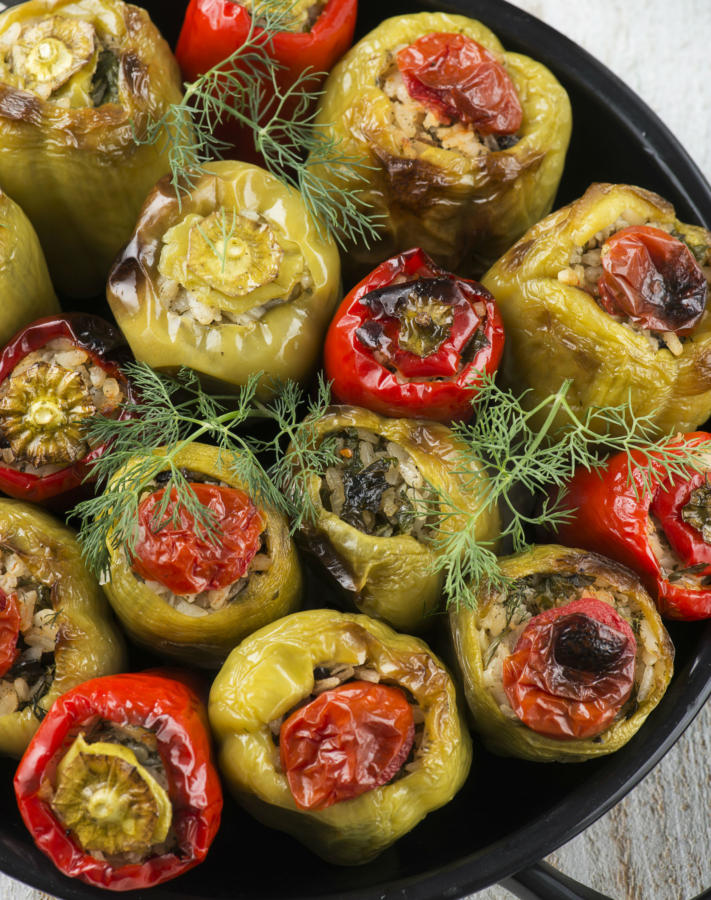
The Nosher celebrates the traditions and recipes that have brought Jews together for centuries. Donate today to keep The Nosher's stories and recipes accessible to all.
